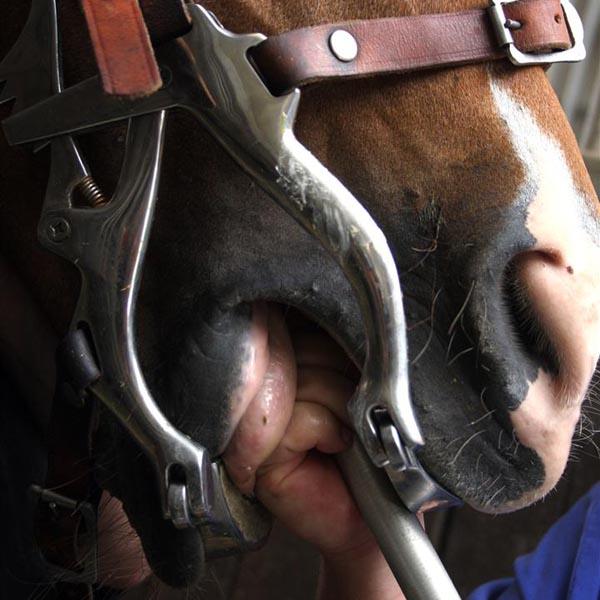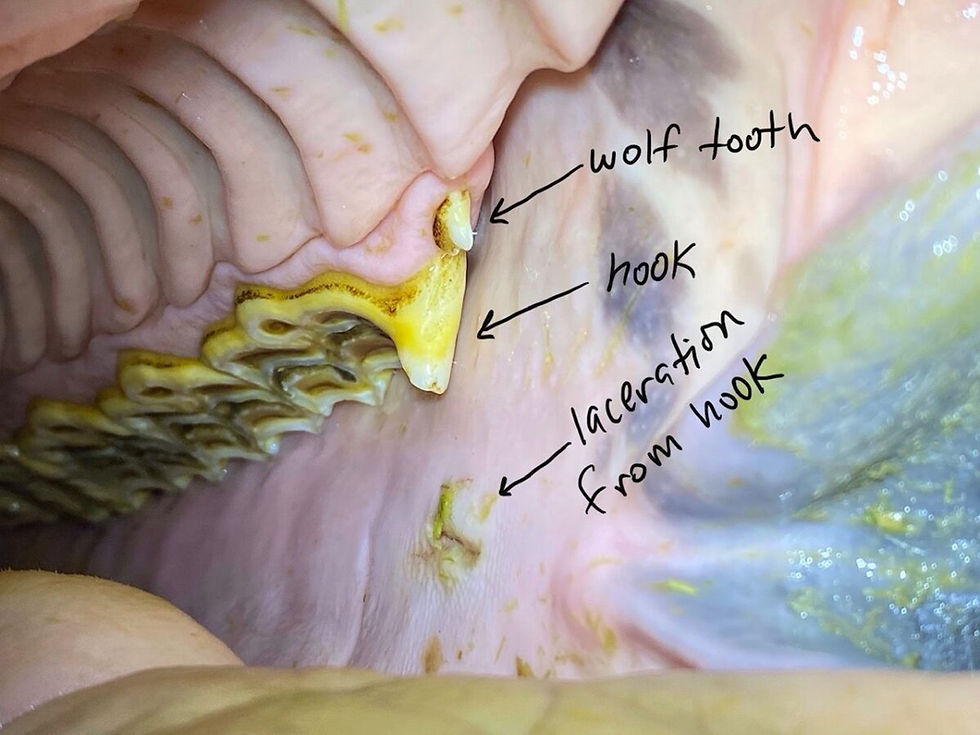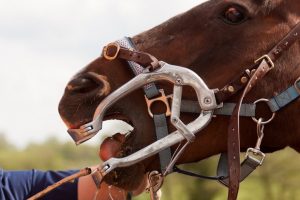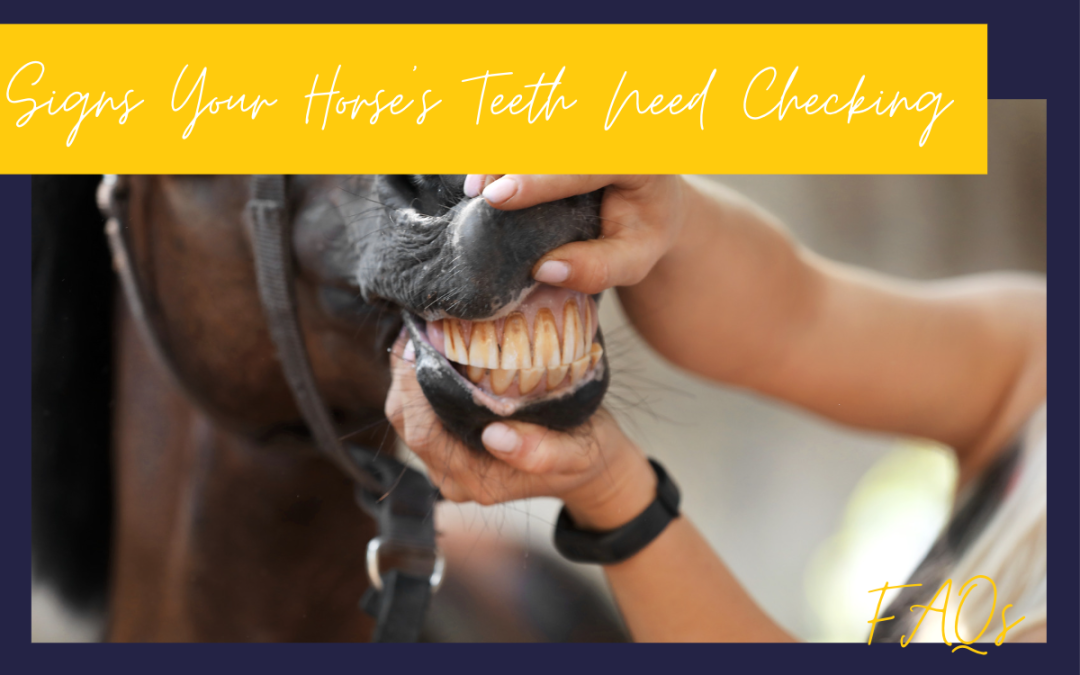The Importance of Dental Care for Horses

Proper dental care is essential for maintaining the overall health and well-being of horses. Just like humans, horses require regular dental check-ups to prevent and address issues that can affect their ability to eat, perform, and stay comfortable.
Why Dental Care Matters for Horses

Horses’ teeth continuously grow throughout their lives, which can lead to uneven wear, sharp edges, and other dental problems if not managed properly. These issues can cause pain, difficulty chewing, weight loss, and behavioral changes.
Common Dental Problems in Horses

| Problem | Description | Symptoms | Treatment |
|---|---|---|---|
| Sharp Enamel Points | Overgrowth of enamel causing mouth sores | Dropping food, head tossing | Floating (filing) of teeth |
| Hooks and Ramps | Uneven tooth wear creating hooks or ramps | Difficulty chewing, weight loss | Dental correction by vet |
| Wave Mouth | Uneven wear creating a wave-like tooth surface | Poor chewing, weight loss | Regular dental maintenance |
| Tooth Decay | Cavities or infections in teeth | Bad breath, swelling | Extraction or treatment |
Benefits of Regular Dental Care
- Improved Digestion: Properly chewed food aids digestion and nutrient absorption.
- Enhanced Performance: Comfortable horses perform better in riding and work.
- Prevention of Health Issues: Early detection of dental problems prevents complications.
- Behavioral Improvement: Reduces discomfort-related behaviors like head tossing or resistance.
How Often Should Horses Have Dental Check-ups?
Most horses benefit from dental examinations at least once or twice a year. However, young horses, older horses, or those with known dental issues may require more frequent visits.
FAQ
Q1: What is “floating” in horse dental care?
A1: Floating is the process of filing down sharp points or uneven surfaces on a horse’s teeth to ensure a smooth chewing surface.
Q2: Can poor dental health affect a horse’s performance?
A2: Yes, dental pain or discomfort can lead to poor eating habits, weight loss, and behavioral issues that negatively impact performance.
Q3: Are there signs I can look for to know if my horse needs dental care?
A3: Yes, signs include dropping food, bad breath, head tossing, weight loss, and reluctance to accept the bit.
Q4: Is dental care expensive for horses?
A4: Costs vary depending on the horse’s needs and the vet’s fees, but regular maintenance can prevent costly treatments later.
Maintaining your horse’s dental health is a vital part of responsible horse care that ensures your equine companion stays healthy, happy, and performs at their best.
